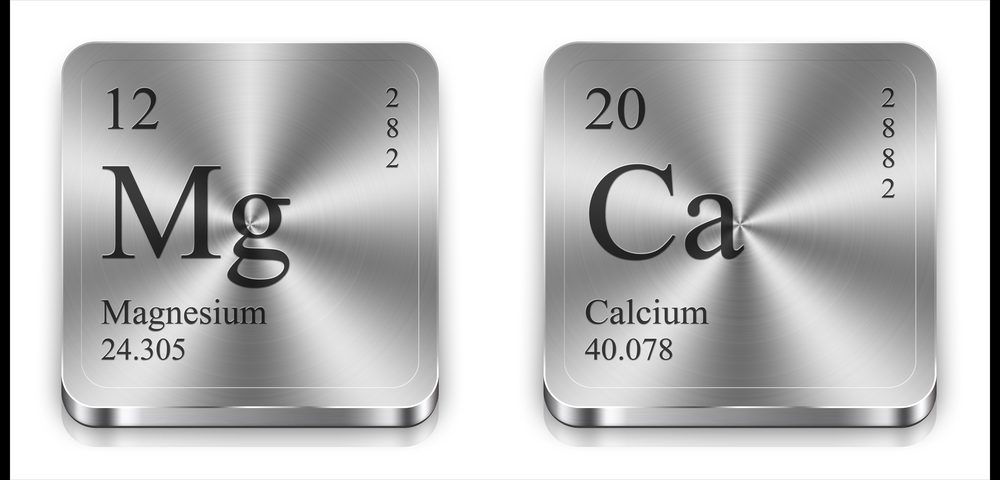An herbal extract normalized the higher ratio of calcium to magnesium seen in men with enlarged prostate, improving their symptoms, a study shows.
The extract also lowered levels of the patients’ prostate-specific antigen, or PSA, a biomarker for enlarged prostate, or benign prostatic hyperplasia (BPH), and prostate cancer.
Levels of calcium and magnesium are linked to prostate cell growth, and studies show the two are elevated in patients with prostate cancer. Since their levels are controlled by linked processes, researchers often look at the ratio of calcium to magnesium when studying disease processes.
The study, “Calcium – Magnesium imbalance implicated in benign prostatic hyperplasia and restoration by a phytotherapeutic drug – Croton membranaceus Müll.Arg,” was published in the journal BMC Complementary and Alternative Medicine.
Researchers at the University of Ghana and Walter Sisulu University in South Africa noted that despite the minerals’ connections with prostate growth, little research has been done about their link to BPH.
The team recruited 30 BPH patients and 30 controls to measure the levels of the minerals, and explore if they could normalize the levels with an extract from the root of the Croton membraneus plant. Studies have suggested the extract is beneficial in BPH.
Before treatment started, BPH patients’ magnesium levels were lower than controls, while their calcium levels were similar. This mean patients had a significantly higher calcium/magnesium ratio than the controls.
After three months of treatment, the patients’ magnesium levels had increased, leading to a lower ratio between the minerals. There was no significant change in calcium levels. Researchers noted that PSA levels also dropped significantly.
Before the start of treatment, 86.7 percent of patients had levels of magnesium that were below normal range, and 36.7 percent had elevated calcium levels. Also, 80 percent of patients had a calcium/magnesium ratio higher than the highest levels in controls. After the treatment, only 13.3 percent exceeded the highest control levels.
The research team had access to the prostate volumes of only 18 patients. They did not observe a link between the calcium/magnesium ratio and prostate volume in the men.
Although the team believes the extract may be beneficial in BPH by triggering cell death, they said more research is needed to explore its mechanisms and confirm the benefits.

